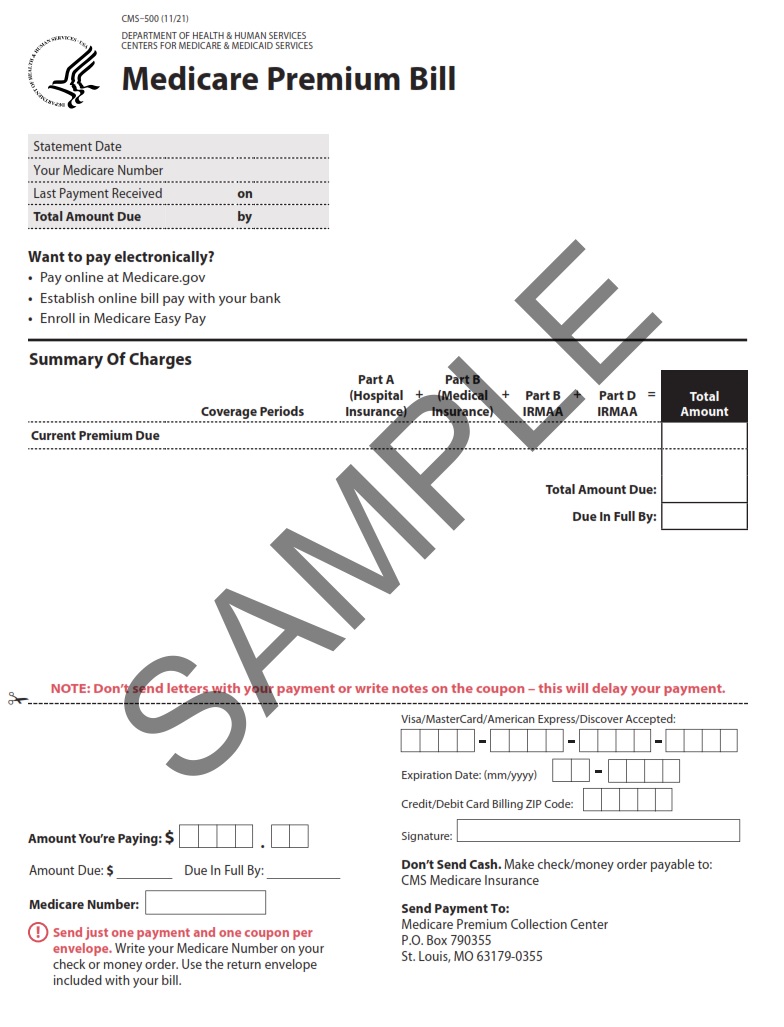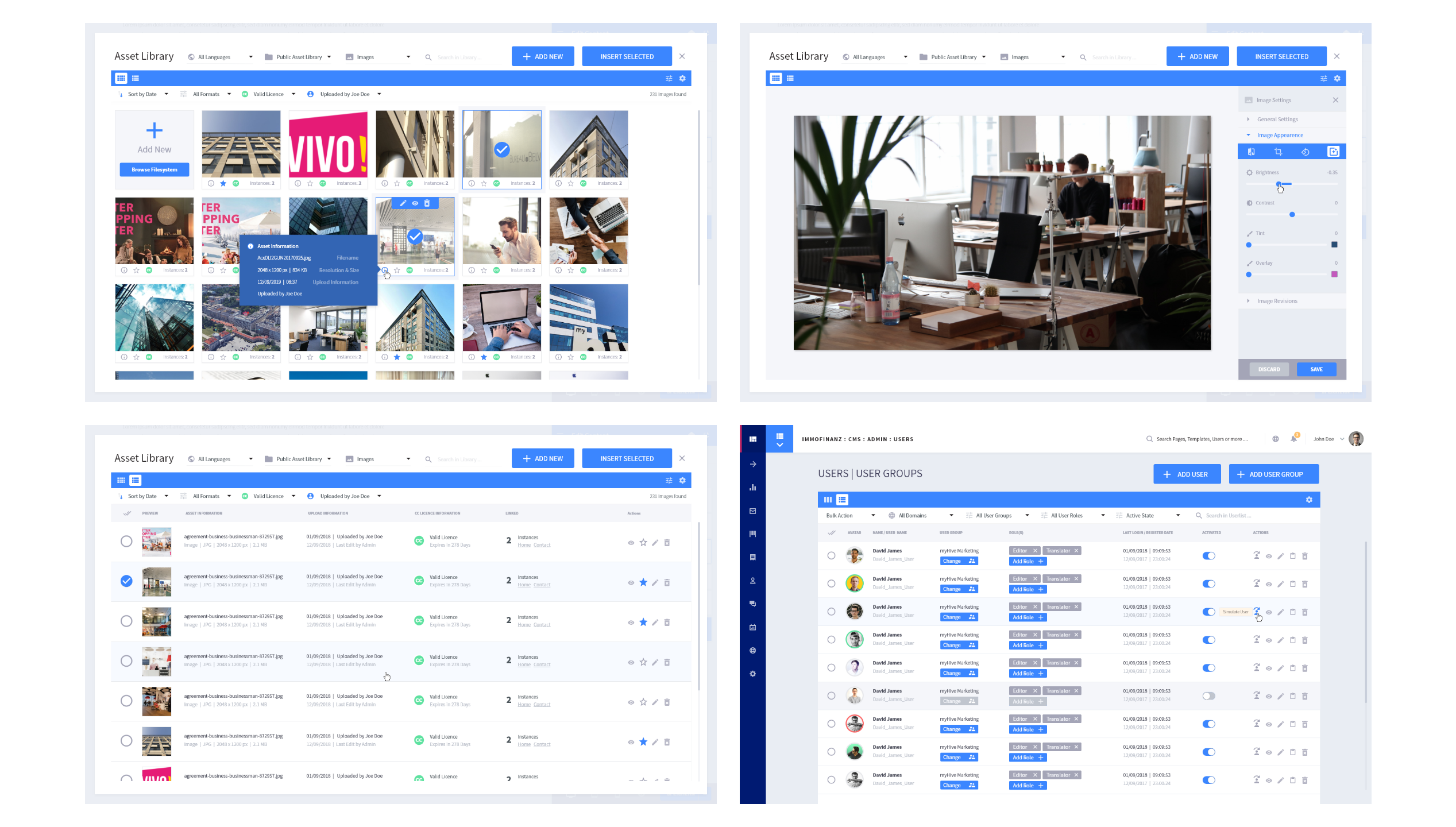Listen up, folks. Let me tell you something about CMS that’s gonna blow your mind. A Content Management System (CMS) is like the secret sauce behind most websites today. You know how you can update your blog posts or manage your online store without being a coding wizard? That’s all thanks to CMS. In this digital age, CMS isn’t just nice to have—it’s essential. So, if you’re wondering why everyone’s talking about it, you’re in the right place.
Here’s the deal: CMS has completely changed the game when it comes to building and managing websites. It’s not just for tech-savvy people anymore. Whether you’re a small business owner, a blogger, or even a Fortune 500 company, CMS makes life so much easier. You don’t need to know HTML, CSS, or any other coding language to get things done. It’s like having a personal assistant for your website 24/7.
But hold up. Before we dive deep into the world of CMS, let’s break down what it really means and why it matters. CMS isn’t just a buzzword—it’s a powerful tool that’s shaping the future of web development. Stick around because I’m about to spill all the tea on CMS, from its benefits to the best platforms out there. Trust me, you don’t wanna miss this.
Read also:Eagles Stars Possible Departure Teased What Fans Need To Know
What Exactly is CMS?
Alright, let’s get down to brass tacks. CMS stands for Content Management System, and it’s basically a software or platform that helps you create, edit, and manage your website without needing advanced coding skills. Think of it as a control center where you can handle everything from blog posts to product pages to media files. It’s designed to make life easier for both developers and non-developers alike.
Here’s the kicker: CMS isn’t just for building websites. It’s also about maintaining them. With CMS, you can update content, manage users, and even track analytics without breaking a sweat. It’s like having a Swiss Army knife for your website—super versatile and super handy. And the best part? Most CMS platforms are user-friendly, so even beginners can get the hang of it in no time.
How CMS Works: Breaking It Down
Now, you might be wondering how exactly CMS works. Well, it’s pretty straightforward once you get the hang of it. CMS separates the content (like text and images) from the design (like layouts and styles). This separation allows you to focus on creating great content without worrying about the technical stuff.
For example, let’s say you want to add a new blog post to your website. With CMS, you simply log in to your dashboard, write your post, and hit publish. The CMS takes care of the rest, making sure your post looks great and fits seamlessly into your site’s design. It’s like magic, but with a lot less wand-waving.
Why CMS is Essential for Your Website
Let’s face it: building a website from scratch can be a nightmare. You’ve got to deal with coding, hosting, security, and a whole bunch of other stuff that can make your head spin. That’s where CMS comes in. It simplifies the entire process, making it accessible to everyone, not just tech experts.
Here are a few reasons why CMS is a must-have for your website:
Read also:Hannity Edits Trumps Team Response A Deep Dive Into The Controversy And Its Implications
- Easy Content Management: With CMS, you can update your website’s content anytime, anywhere. No more waiting for your developer to make changes for you.
- Scalability: Need to grow your website? CMS makes it easy to scale up without starting from scratch. You can add new pages, features, and functionality as your needs change.
- User-Friendly Interface: Most CMS platforms come with intuitive dashboards that anyone can use. No coding skills required.
- Security: Many CMS platforms offer built-in security features to protect your website from hackers and other online threats.
So, whether you’re running a personal blog or a multinational corporation, CMS has got your back. It’s the ultimate solution for managing your online presence efficiently and effectively.
The Top CMS Platforms You Need to Know
Now that you know why CMS is so important, let’s talk about the best platforms out there. There are tons of CMS options to choose from, but here are some of the most popular ones:
1. WordPress
WordPress is the king of CMS platforms, powering over 43% of all websites on the internet. It’s super flexible, with thousands of plugins and themes to customize your site however you want. Whether you’re building a blog, an e-commerce store, or a portfolio, WordPress has got you covered.
2. Joomla
Joomla is another powerful CMS that’s great for building complex websites. It’s known for its robust features and flexibility, making it a favorite among developers. If you need a website with advanced functionality, Joomla might be the way to go.
3. Drupal
Drupal is the go-to choice for enterprise-level websites. It’s highly customizable and secure, making it ideal for large organizations. However, it does have a steeper learning curve compared to other CMS platforms, so it’s best suited for tech-savvy users.
4. Shopify
If you’re running an online store, Shopify is the CMS for you. It’s specifically designed for e-commerce, with tons of features to help you manage your products, orders, and payments effortlessly.
There are plenty of other CMS platforms out there, but these are some of the most popular ones. Each platform has its own strengths and weaknesses, so it’s important to choose the one that best fits your needs.
The Benefits of Using CMS
Let’s talk about the awesome benefits of using CMS. If you’re still on the fence about whether or not to use a CMS, here are a few reasons why you should:
- Time-Saving: CMS allows you to update your website quickly and easily, saving you tons of time in the long run.
- Cost-Effective: Many CMS platforms are free or come with affordable pricing plans, making them a great option for businesses on a budget.
- Collaboration: CMS makes it easy for multiple users to work on the same website, whether you’re a team of developers or a group of content creators.
- SEO-Friendly: Most CMS platforms come with built-in SEO tools to help you optimize your website for search engines.
With all these benefits, it’s no wonder why CMS has become the go-to solution for website management. It’s like having a personal assistant for your website that works around the clock.
Common Challenges with CMS
Of course, nothing’s perfect, and CMS is no exception. While it offers tons of benefits, there are a few challenges you might face:
- Learning Curve: Depending on the platform, there might be a bit of a learning curve when it comes to mastering CMS. But don’t worry, most platforms offer tons of tutorials and resources to help you get started.
- Security Risks: Like any software, CMS platforms can be vulnerable to security threats if not properly maintained. That’s why it’s important to keep your CMS up to date and use strong passwords.
- Performance Issues: If your website gets a lot of traffic, you might run into performance issues if your CMS isn’t optimized for speed. Luckily, there are plenty of plugins and tools to help you improve your site’s performance.
Despite these challenges, the benefits of using CMS far outweigh the drawbacks. With a little bit of effort, you can overcome any obstacles and make the most out of your CMS.
How to Choose the Right CMS for Your Needs
Choosing the right CMS can be overwhelming, especially with so many options out there. Here are a few tips to help you make the right decision:
- Define Your Goals: What do you want to achieve with your website? Are you building a blog, an e-commerce store, or a portfolio? Your goals will help you narrow down your options.
- Consider Your Skills: How tech-savvy are you? If you’re not comfortable with coding, you’ll want to choose a CMS that’s user-friendly and easy to use.
- Look at Scalability: Will your website grow over time? Make sure the CMS you choose can handle your future needs as well as your current ones.
- Check for Support: Does the CMS platform offer good customer support and community resources? This can be a lifesaver if you ever run into issues.
By taking these factors into account, you’ll be able to find the CMS that’s perfect for your website. Trust me, it’s worth the effort.
Case Studies: Real-Life Examples of CMS in Action
Let’s take a look at some real-life examples of how CMS has transformed businesses and websites:
1. The New York Times
Did you know that The New York Times uses WordPress as its CMS? Yup, one of the most prestigious newspapers in the world relies on WordPress to manage its massive amount of content. It’s a testament to the power and flexibility of CMS.
2. TED
TED, the platform that brings us inspiring talks from thought leaders around the world, also uses WordPress. With thousands of videos and articles to manage, CMS makes it easy for TED to keep their content organized and up to date.
3. eBay
eBay, the giant of online marketplaces, uses Magento (now Adobe Commerce) as its CMS. Magento’s robust e-commerce features make it the perfect choice for a site as complex as eBay.
These examples show just how versatile CMS can be, from managing news articles to running massive online marketplaces. It’s no wonder why so many businesses trust CMS to power their websites.
Future Trends in CMS
So, what’s the future of CMS looking like? Here are a few trends to keep an eye on:
- Headless CMS: Headless CMS separates the content from the presentation, giving developers more flexibility to create unique user experiences.
- AI Integration: Many CMS platforms are starting to incorporate AI to help with tasks like content optimization and personalization.
- Improved Security: As online threats continue to evolve, CMS platforms are stepping up their security game to protect users’ data.
These trends show that CMS is constantly evolving to meet the changing needs of businesses and users. The future of CMS looks bright, and there’s no telling what innovations we’ll see next.
Conclusion: Why CMS Matters
Alright, let’s wrap things up. CMS isn’t just a fancy term—it’s a game-changer for website development. Whether you’re a small business owner or a global corporation, CMS makes it easier than ever to build, manage, and grow your online presence.
From simplifying content management to offering advanced features like e-commerce and SEO optimization, CMS has something for everyone. And with new trends like headless CMS and AI integration on the horizon, the possibilities are endless.
So, what are you waiting for? If you haven’t already, it’s time to jump on the CMS bandwagon. Trust me, your website (and your sanity) will thank you for it. And hey, if you found this article helpful, don’t forget to share it with your friends and leave a comment below. Let’s keep the conversation going!
Table of Contents
- What Exactly is CMS?
- How CMS Works: Breaking It Down
- Why CMS is Essential for Your Website
- The Top CMS Platforms You Need to Know
- The Benefits of Using CMS
- Common Challenges with CMS
- How to Choose the Right CMS for Your Needs
- Case Studies: Real-Life Examples of CMS in Action
- Future Trends in CMS
- Conclusion: Why CMS Matters


